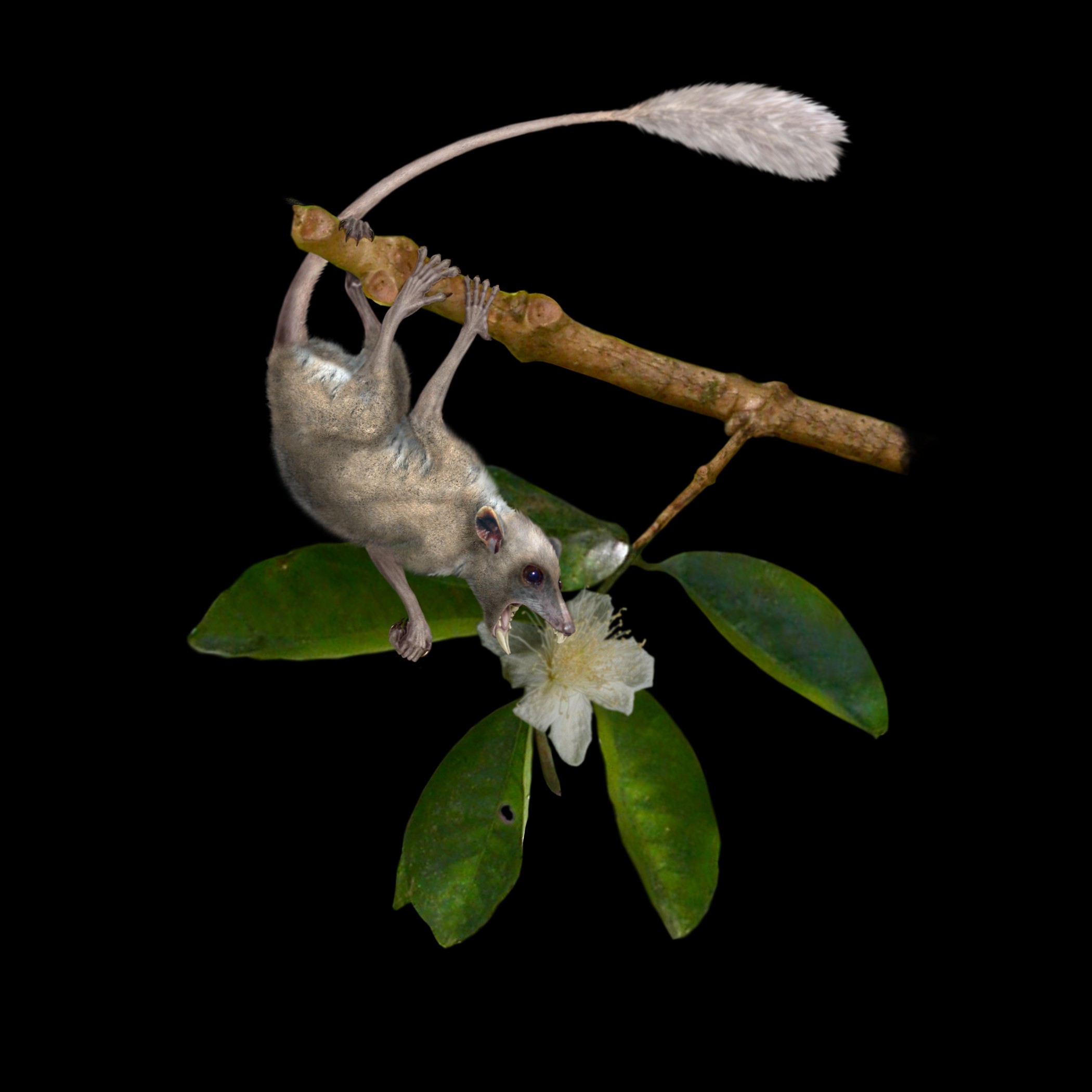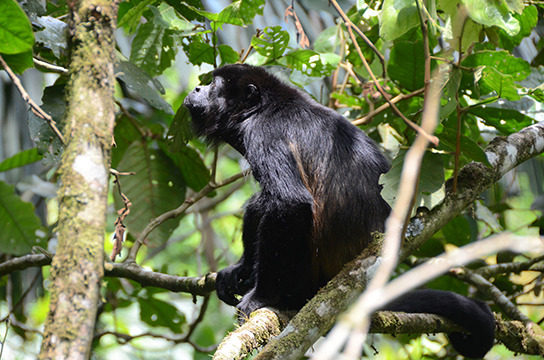The Presence Of Non-Native Primates In Florida: A Complex And Evolving Story
By admin / June 17, 2024 / No Comments / 2025
The Presence of Non-Native Primates in Florida: A Complex and Evolving Story
Related Articles: The Presence of Non-Native Primates in Florida: A Complex and Evolving Story
Introduction
With great pleasure, we will explore the intriguing topic related to The Presence of Non-Native Primates in Florida: A Complex and Evolving Story. Let’s weave interesting information and offer fresh perspectives to the readers.
Table of Content
The Presence of Non-Native Primates in Florida: A Complex and Evolving Story

The presence of non-native primates in Florida, particularly the state’s southeastern region, is a complex issue with ecological, economic, and social implications. These primates, primarily rhesus macaques, are not native to the state and have established themselves in various locations, raising concerns about their impact on the environment and human communities. This article will explore the history, current status, and potential consequences of non-native primates in Florida, providing a comprehensive overview of this fascinating and challenging situation.
Origins and Introduction:
The arrival of rhesus macaques in Florida can be traced back to the 1930s, when a group of these monkeys was released near Silver Springs, a popular tourist attraction. The exact circumstances of this release remain unclear, but it is believed to have stemmed from either an intentional introduction for entertainment purposes or an accidental escape from captivity. These monkeys, known for their adaptability and intelligence, quickly established themselves in the area, thriving in the subtropical climate and abundant food sources.
Over the decades, the population of rhesus macaques in Florida has expanded, with several factors contributing to their spread. These include:
- Natural Reproduction: Macaques are prolific breeders, capable of producing multiple offspring annually, leading to a rapid increase in their numbers.
- Lack of Natural Predators: The absence of natural predators in Florida allows macaques to thrive without significant population control.
- Human-Driven Spread: Unintentional releases from captivity, as well as the intentional introduction of macaques for research or entertainment purposes, have further contributed to their expansion.
Current Status and Distribution:
Today, non-native primates in Florida are primarily concentrated in the southeastern region, particularly around the Silver Springs area, along the St. Johns River, and in some coastal areas. The exact number of macaques in Florida is unknown, but estimates suggest a population in the thousands.
Ecological Impacts:
The presence of non-native primates in Florida has raised significant concerns about their ecological impacts. These include:
- Competition with Native Species: Macaques compete with native animals for food and resources, potentially impacting the population dynamics of native species.
- Habitat Degradation: Macaques can damage vegetation and alter the structure of habitats, impacting the biodiversity of native ecosystems.
- Disease Transmission: Macaques can carry and transmit diseases to humans and native wildlife, posing a potential threat to public health and ecosystem stability.
Economic Impacts:
The presence of non-native primates in Florida can also have economic consequences:
- Agricultural Damage: Macaques can damage crops and orchards, resulting in economic losses for farmers.
- Tourism Impacts: The presence of macaques can deter tourists, negatively impacting the tourism industry.
- Management Costs: Controlling and managing macaque populations requires significant resources, placing a financial burden on local governments and communities.
Social Impacts:
Non-native primates in Florida also have social implications:
- Public Safety Concerns: Macaques can become aggressive towards humans, especially when they are habituated to receiving food from humans.
- Property Damage: Macaques can damage property, including homes and vehicles, leading to inconvenience and financial losses.
- Ethical Considerations: The introduction of non-native species raises ethical concerns about the impact on native ecosystems and the potential for human-wildlife conflict.
Management and Control:
Managing non-native primate populations in Florida is a complex and challenging undertaking. Current strategies include:
- Population Control: This involves reducing the number of macaques through trapping and relocation, sterilization, or even euthanasia.
- Habitat Modification: Altering habitats to make them less suitable for macaques can help limit their spread.
- Public Education: Educating the public about the risks associated with non-native primates and the importance of responsible wildlife management is crucial.
FAQs about Non-Native Primates in Florida:
Q: Are there any native monkey species in Florida?
A: No, there are no native monkey species in Florida. All monkeys present in the state are non-native and have been introduced through human activities.
Q: How dangerous are macaques to humans?
A: Macaques can be dangerous to humans, especially when they are habituated to receiving food from humans. They can bite, scratch, and even transmit diseases.
Q: What should I do if I encounter a macaque?
A: If you encounter a macaque, do not approach it. Maintain a safe distance and contact local authorities.
Q: Can I feed macaques?
A: No, it is illegal and harmful to feed macaques. Feeding them encourages them to become habituated to humans, increasing the risk of human-wildlife conflict.
Tips for Avoiding Encounters with Non-Native Primates:
- Be aware of their presence: Know the areas where macaques are known to inhabit.
- Avoid feeding them: Do not feed macaques, even if they appear friendly.
- Keep a safe distance: Maintain a safe distance from macaques and do not approach them.
- Report sightings: Report any sightings of macaques to local authorities.
Conclusion:
The presence of non-native primates in Florida is a complex issue with significant ecological, economic, and social implications. While these animals are fascinating and adaptable, their presence poses a threat to native ecosystems, human communities, and public health. Effective management strategies are crucial to mitigating the negative impacts of non-native primates and ensuring the well-being of Florida’s natural environment and its residents. Continued research, public awareness, and collaborative efforts are essential to address this evolving challenge.







Closure
Thus, we hope this article has provided valuable insights into The Presence of Non-Native Primates in Florida: A Complex and Evolving Story. We thank you for taking the time to read this article. See you in our next article!
)